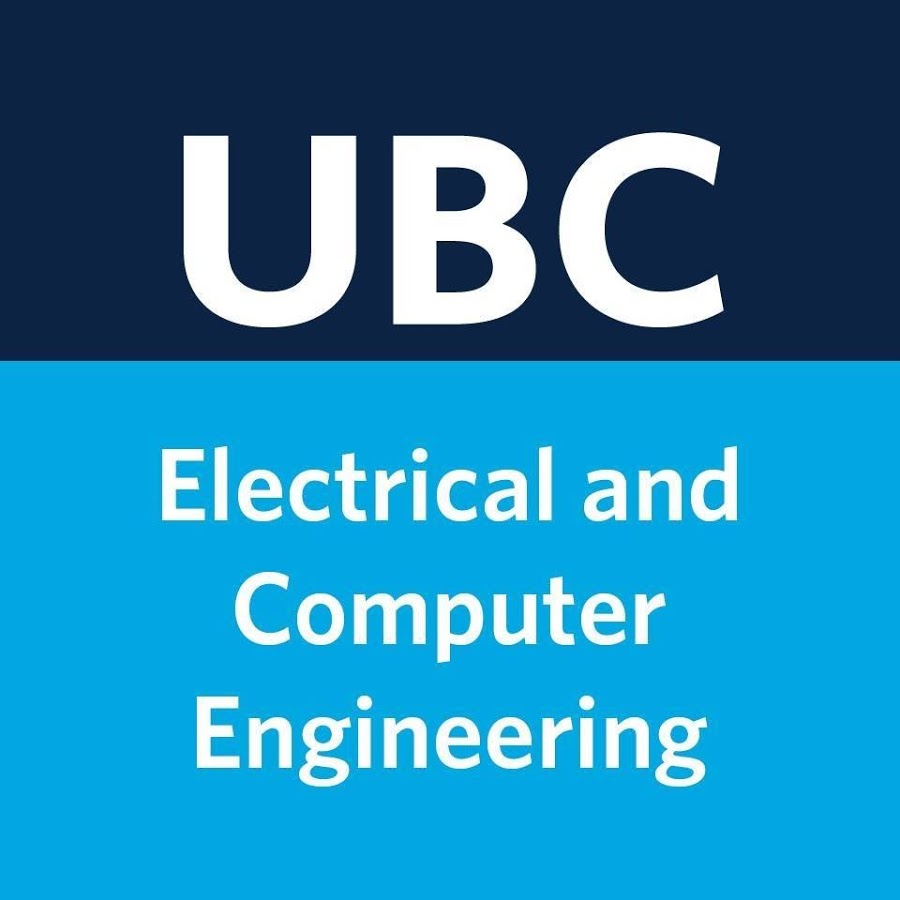|
I am a Prior to joining Hopkins, I received my master's degree from the School of Biomedical Engineering in University of British Columbia, Vancouver, where I worked at Biomedical Signal and Image Computing Laboratory (BiSICL) with Prof. Rafeef Garbi. At BiSICL, I worked on applying deep learning models for automating the diagnosis and management of developmental dysplasia of the hip (DDH), specifically proposing novel diagnostic frameworks that provide model uncertainty measure to clinicians to promote confidence over the predicted DDH metrics. I received my bachelor's degree (with distinction) in Biomedical Engineering from the Faculty of Information and Communication Engineering, Anna University, India, with a focus on biomedical signal processing and biostatistics. |

|
|
I'm interested in exploring generative models for medical imaging applications, ML explainability, and high-dimensional feature representation learning frameworks, with its applications to structural and functional brain connectomics data. |
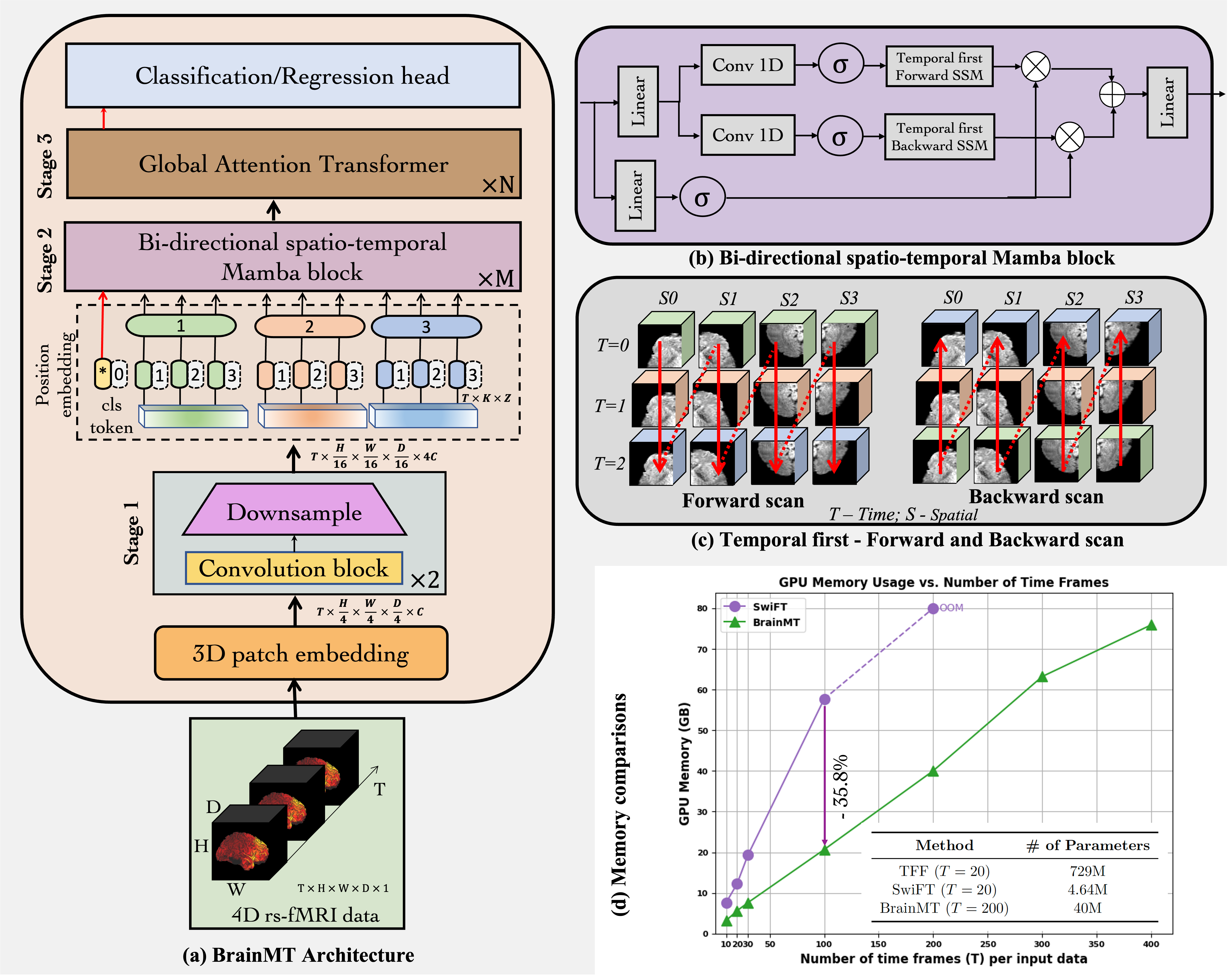
|
Arunkumar Kannan, Martin A. Lindquist, Brian Caffo MICCAI, 2025 BrainMT is a novel deep learning framework that processes raw fMRI data using a bi-directional Mamba block and global transformer to capture full spatiotemporal dynamics. Its temporal-first design efficiently handles extended sequences while preserving detailed spatial information. Validated on UKB and HCP datasets, BrainMT significantly enhances phenotypic prediction from fMRI data and generalizes across diverse tasks. |
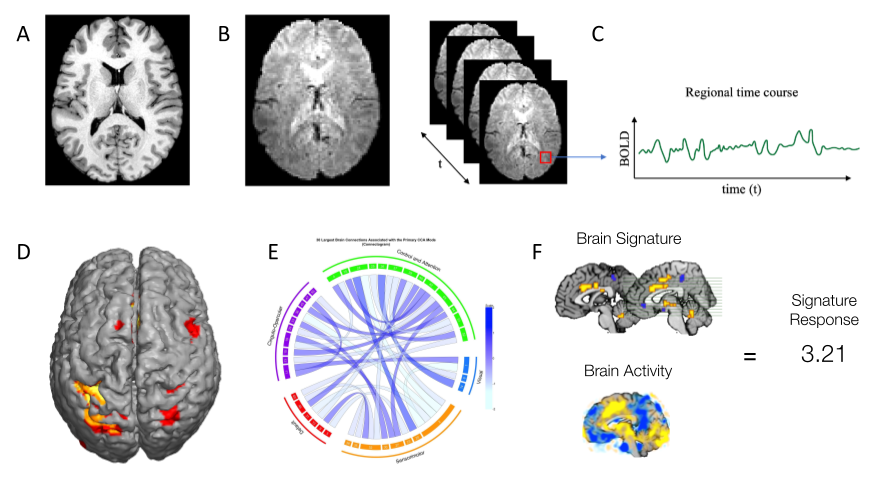
|
Martin A. Lindquist, Bonnie B. Smith, Arunkumar Kannan, Angela Zhao, Brian Caffo Annual Review of Statistics and Its Application, 2024 This article provides an overview of the current landscape in functional brain measurement, with a particular focus on fMRI, highlighting key developments in the past decade. Furthermore, it looks ahead to the future, discussing unresolved research questions in the community and outlining potential research topics for the future. |
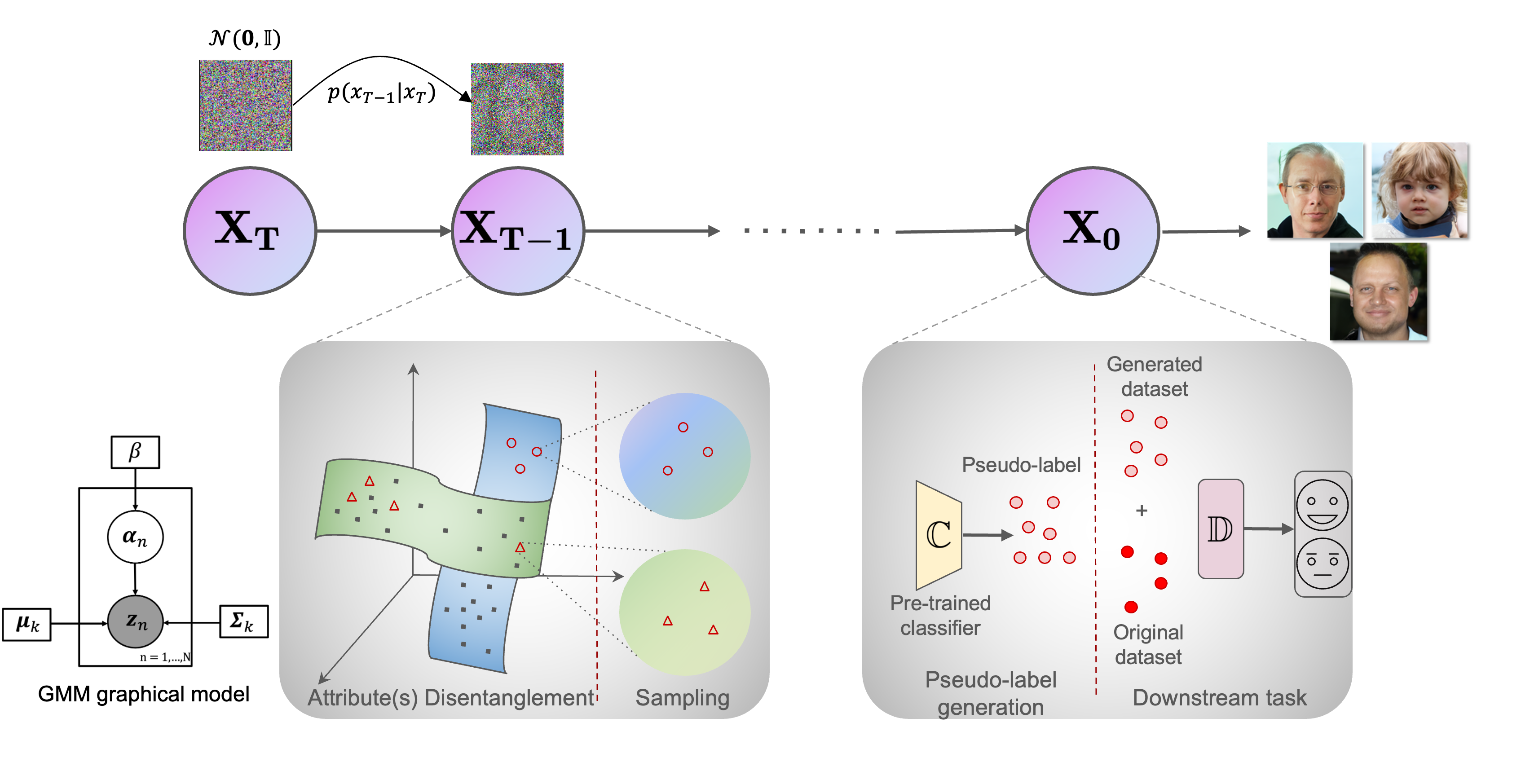
|
Basudha Pal*, Arunkumar Kannan*, Ram Prabhakar Kathirvel, Alice J. O'Toole, Rama Chellappa ECCV, 2024 GAMMA-FACE introduces a novel approach to address bias amplification in face-generative diffusion models using Gaussian Mixture Models (GMMs). By leveraging GMMs, we disentangle facial attributes and localize the means within the latent space of the diffusion model, effectively reducing bias on-the-fly without the need for retraining. |
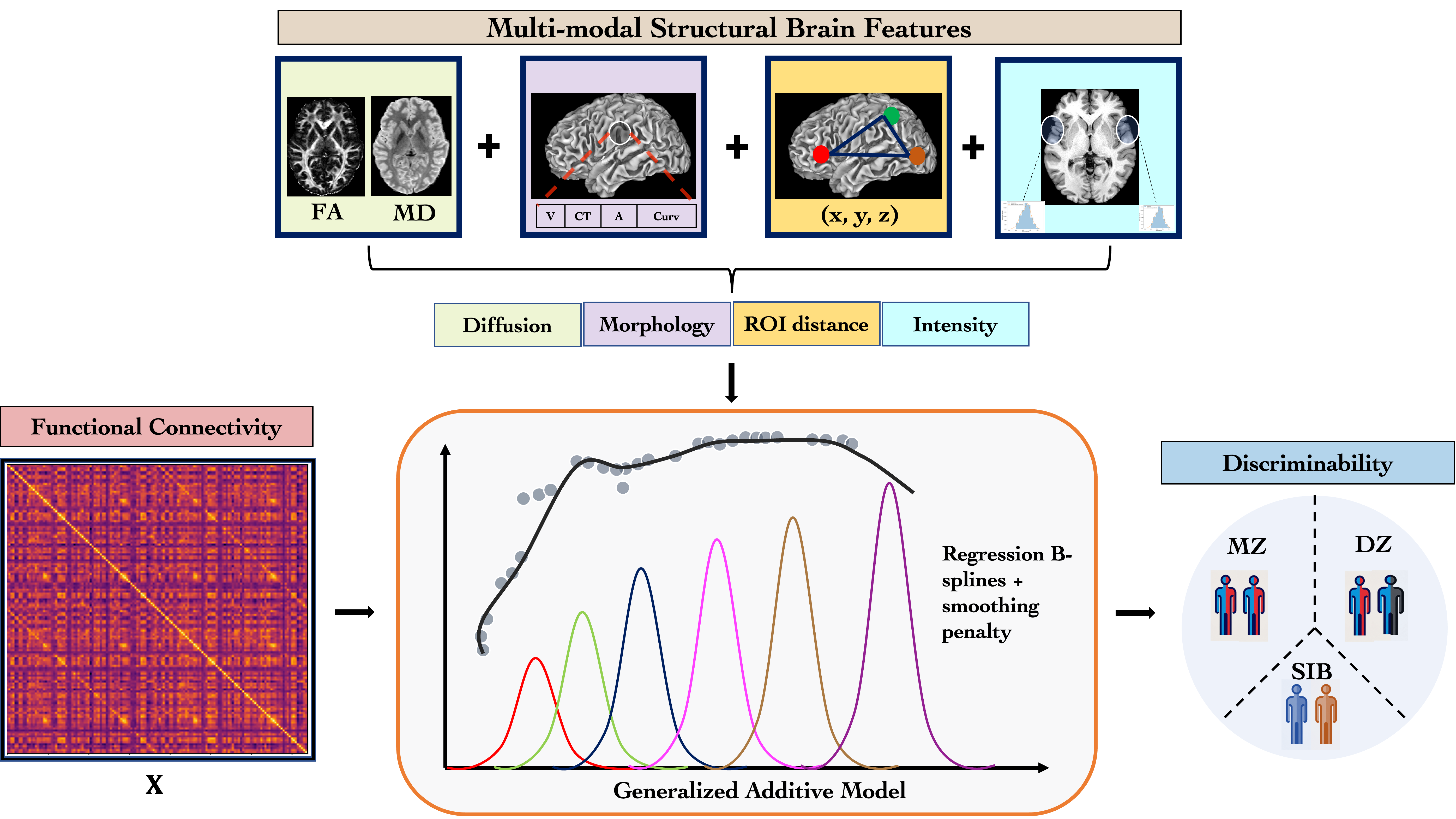
|
Arunkumar Kannan, Brian Caffo, Archana Venkataraman MICCAI Machine Learning in Clinical Neuroimaging workshop, 2024 Code (Coming Soon) | Poster We introduce a novel and easily implemented analysis approach aimed at explaining the variation in functional connectivity of the brain by integrating important structural factors such as anatomical morphology summaries, voxel intensity, diffusion-weighted information, and geographic distance. |
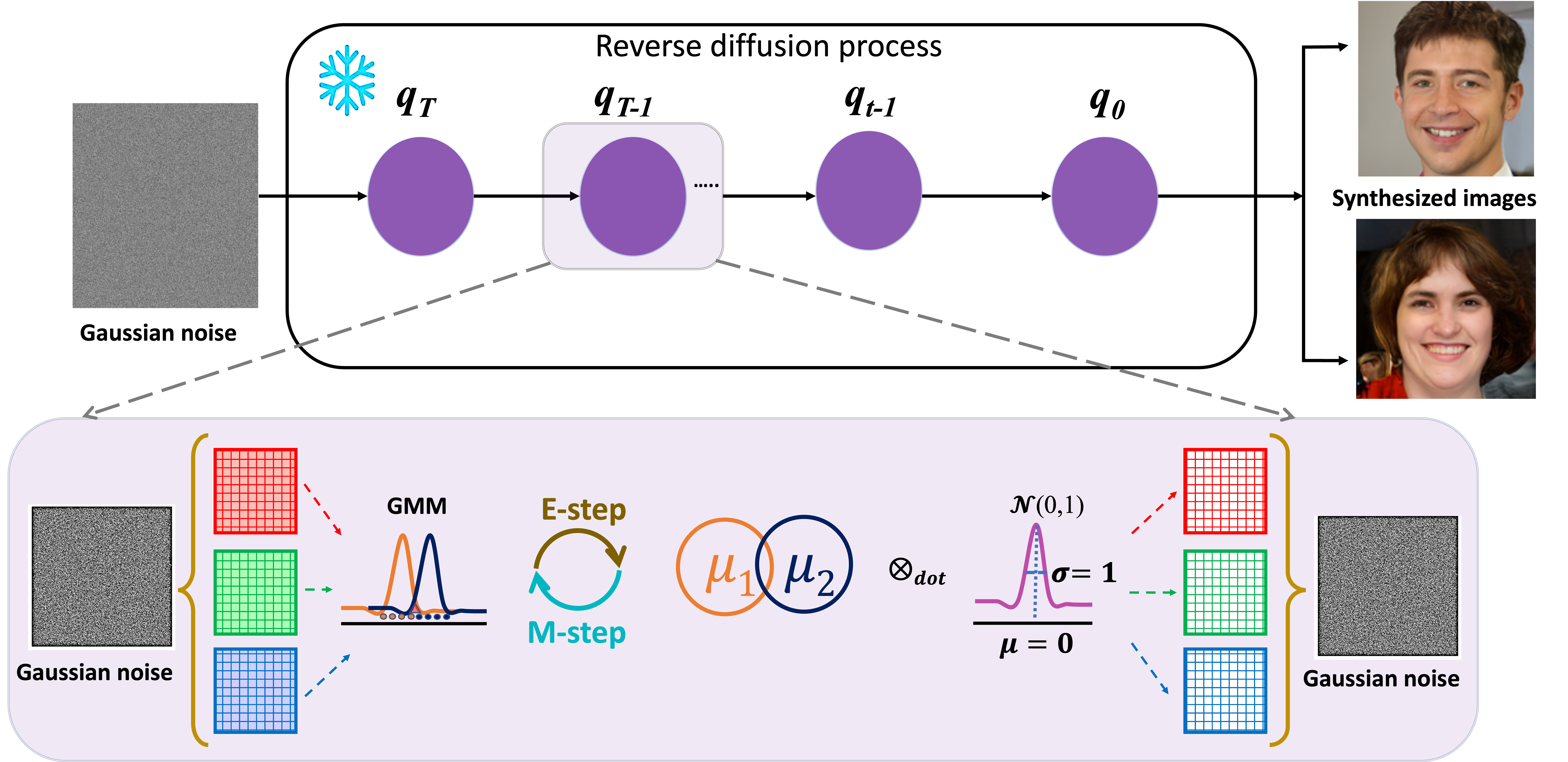
|
Basudha Pal*, Arunkumar Kannan*, Ram Prabhakar Kathirvel, Alice J. O'Toole, Rama Chellappa arXiv, 2023 Gaussian Harmony introduces a novel approach to addressing bias amplification in diffusion models for face generation by balancing facial attributes through the localization of attribute means in the latent space using Gaussian mixture models. |

|
Arunkumar Kannan, Antony Hodgson, Kishore Mulpuri, Rafeef Garbi International Conference on Information Processing in Computer Assisted Interventions (IPCAI), 2021 We proposed a technique to quantify confidence in the segmentation process that incorporates voxel-wise uncertainty into the binary loss function used in the training regime of a deep neural network, which encourages the network to concenterate its training effort on its least certain predictions. |
|
|
Arunkumar Kannan, Antony Hodgson, Kishore Mulpuri, Rafeef Garbi Uncertainty for Safe Utilization of Machine Learning in Medical Imaging (UNSURE) workshop, International Conference on Medical Image Computing and Computer Assisted Intervention (MICCAI), 2020 We proposed interpretable uncertainty measures that can simultaneously measure bone segmentation reliability and quantify scan adequacy in clinical DDH assessment from 3D Ultrasound. |
|
|
Pavithran Pattiam Giriprakash, Arunkumar Kannan, Guhan Seshadri N P, Mahesh Veezhinathan, Geethanjali Balasubramanian IEEE International Conference on Advanced Computing and Communication Systems, 2019 |
|
|
|
Website template courtesy: Jon Barron |

